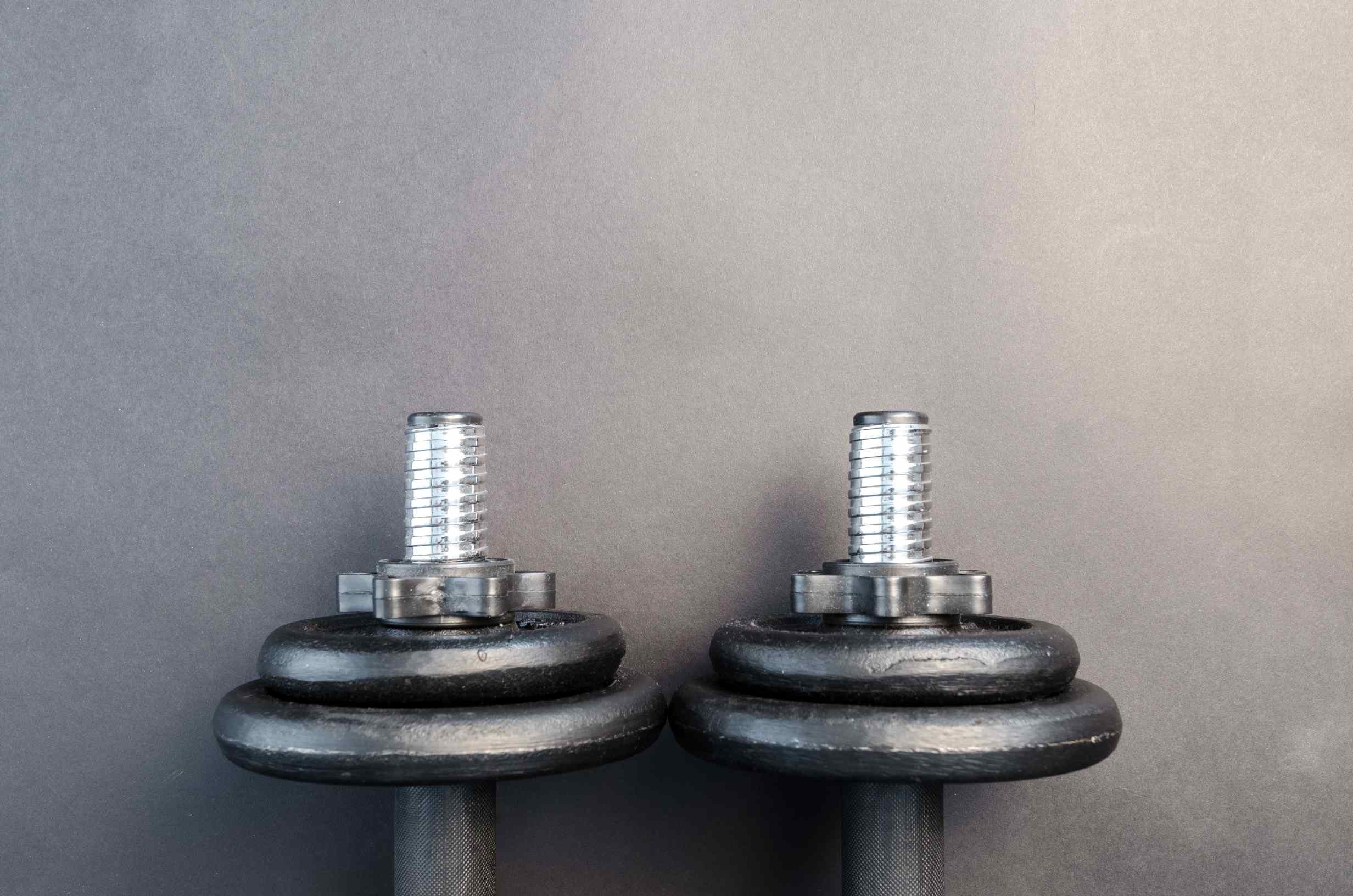Advertisement
Advertisement
Understand the basics of bodybuilding to get started, progress and avoid mistakes that waste time!
BASIC PRINCIPLE OF MUSCULATION
Bodybuilding is the principle of opposing resistance to muscle contraction, in this way the body receives the message of a need to strengthen itself to better support the session that will follow. Thus schematically the muscle fibers that will be reconstituted in recovery session will have a higher capacity, the muscles will be bigger and stronger. The difference is invisible to the naked eye from one session to another, of course, it takes shape after several weeks / months of training.
Bodybuilding can serve several purposes; weight gain, strength work or progress lever for practicing a sport. The type of training will be different depending on the goal and we will focus here on bodybuilding to develop his body and muscle mass.
HOW TO MUSCLE?
To optimize training we use loads, weights and dumbbells, rather than work at body weight. Indeed you can start with this one but it will quickly present limits, the number of high repetitions rather generating work of endurance for the muscles (series of more than 20 repetitions).
Endurance work is not the best strategy for gaining weight, this is where the usefulness of weight training is emerging. They allow to gradually increase the load by following your evolution and so always to stay in a range of adapted repetitions. Start weight training with moderate loads to master the different movements.
How often do you have to train each week?
A consistent training cycle to begin bodybuilding consists of about 3 sessions per week, 3-4 exercises per session, focusing on these famous builders exercises. Leave a day off between sessions and do not work the same muscles 2 times in a row. For example, alternate a session for the upper body, then a session for the lower body and so on. It will not be useful at the beginning of training more often than 2 to 4 times a week, you will not progress faster and understand that it is important to leave the body the ability to recover from each session to progress.
The choice of exercises:
There are 2 types of bodybuilding exercises, polyarticular exercises that have the particularity of working several muscles at the same time and isolation exercises that focus on the contraction of a single muscle. To start well in bodybuilding we advise to do things "simple". Focus on the builder exercises and do not waste time on the details, so the basic exercises that will make up your training will be:
the bench press and its variants
rowing and prints
the shoulders
the squat and the thigh press.
These exercises can work large muscle groups while seeking smaller muscles. So for example the bench press will solicit your pecs and your triceps and the front of your shoulders, the rowing in addition to working your dorsal can solicit your biceps. Starting bodybuilding by promoting these exercises is an excellent foundation. All your muscles will be worked through these few exercises, you can also add punctual biceps curl, tricep extensions or other exercises of this type, but their contribution is not as remarkable as those mentioned above.
Series and repetitions:
We agreed to perform about 3 to 4 exercises for each session, each of these exercises will consist of about 3 to 4 sets, spaced about 1 minute 30, a rest time needed to perform well on each set. Regarding the number of repetitions, we advise during the first few months to tame the bodybuilding gestures by observing about 15 repetitions per series. Thereafter you will be able to expand your training path with a number of repetitions between 6 and 15.
What gains in the first year?
The first year of bodybuilding often results from a rapid progression on the ability to lift loads, if your maximum bench press is 40-50 kG early in the year, you can claim to raise 70 or 80 at the end of the year. 'year. In terms of mass gains, it is not uncommon for rather slim subjects to take 8 to 10 KG in a year. If you are serious about your training frequency there is no reason why this is not your case . but training is obviously not the only factor that counts, your diet will be just as important.
To summarize in a few points:
Work with weights
Gradually increase the charges
Choose basic exercises
Train regularly without going too fast
Advertisement

Advertisement


